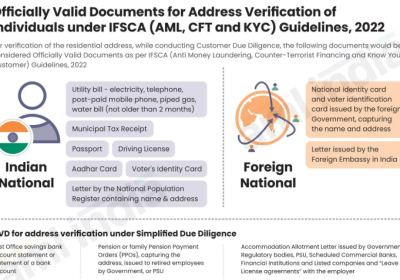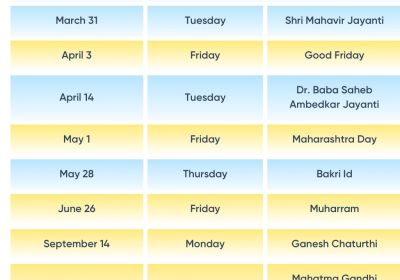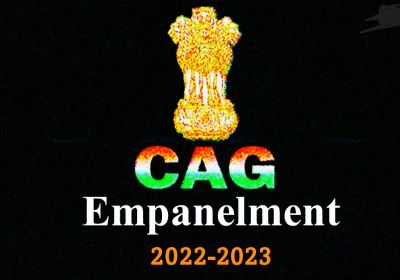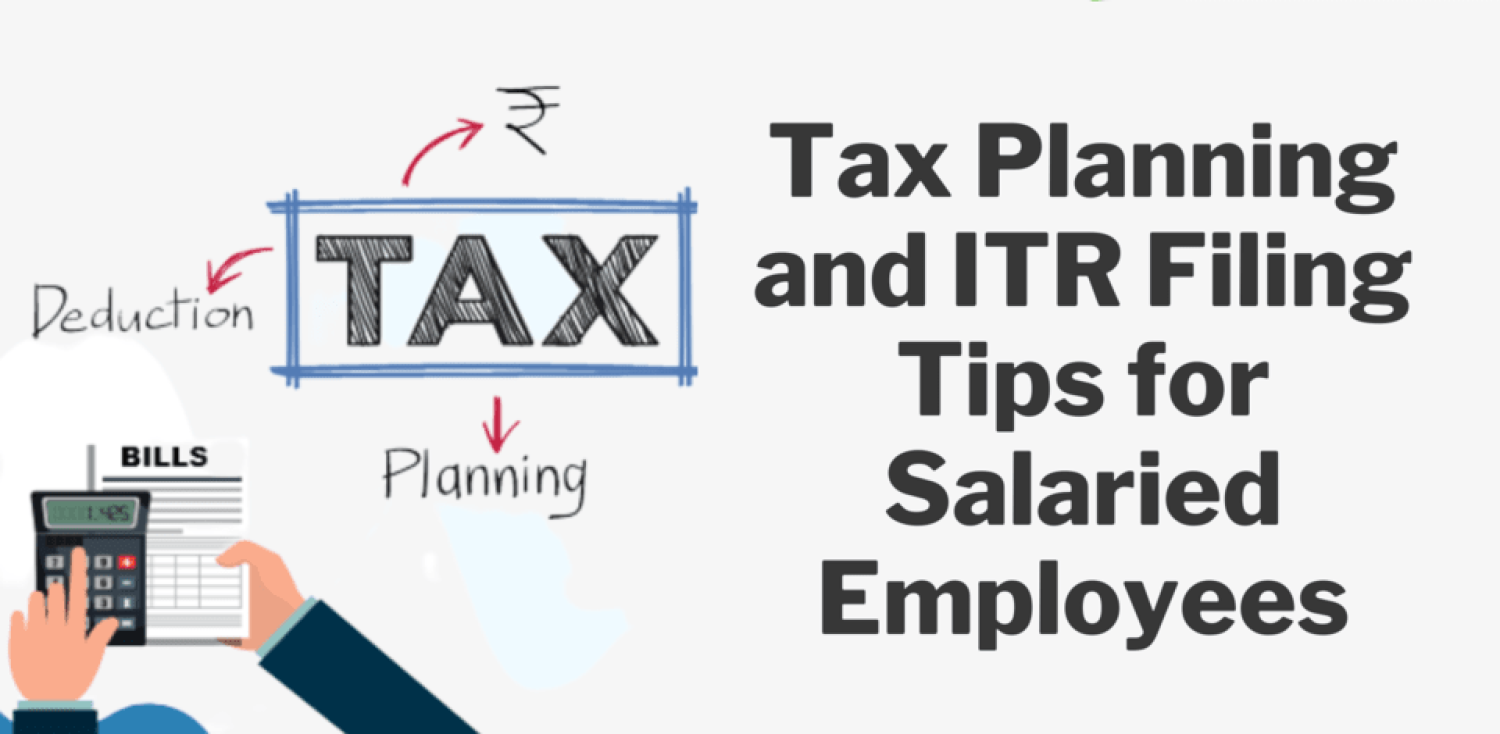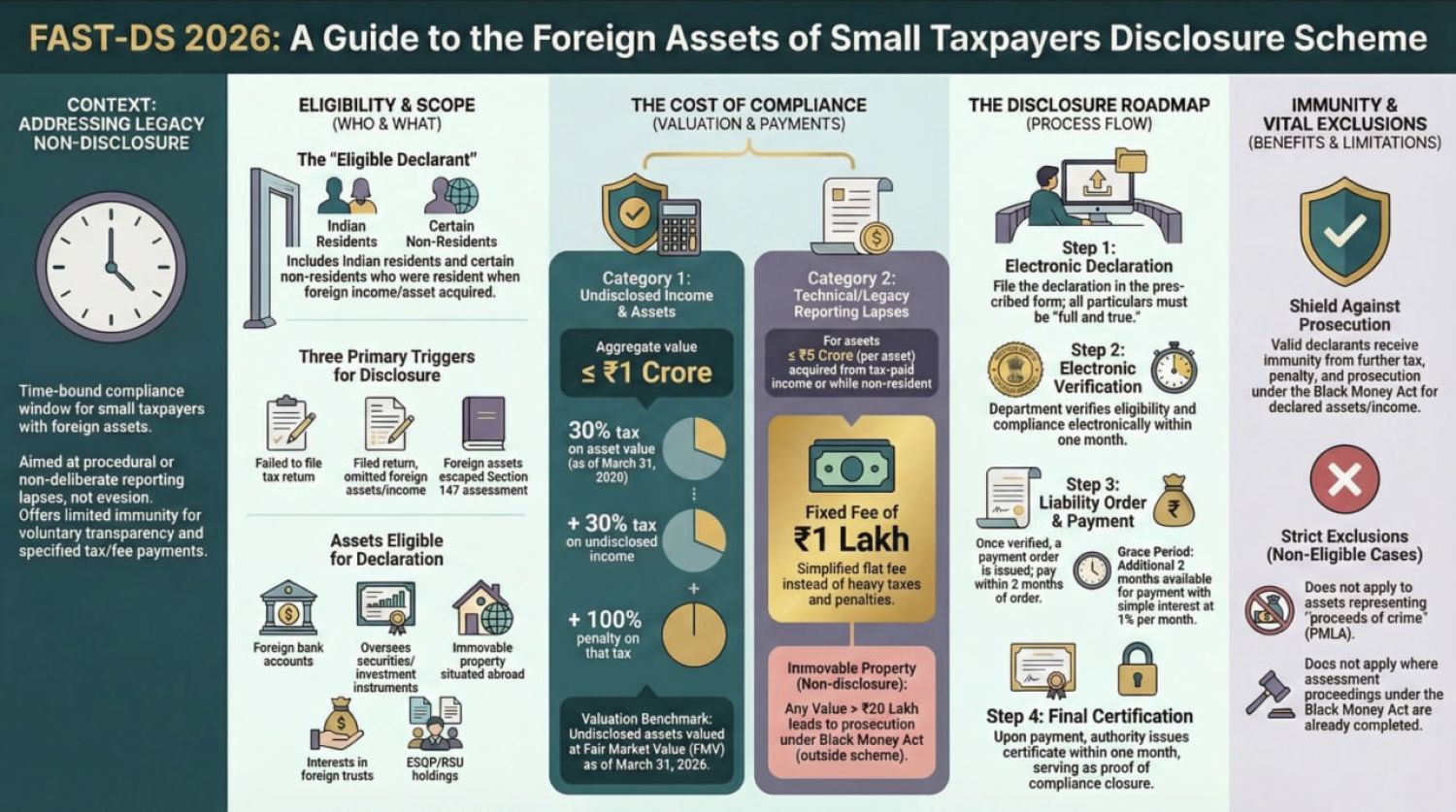Table of Contents
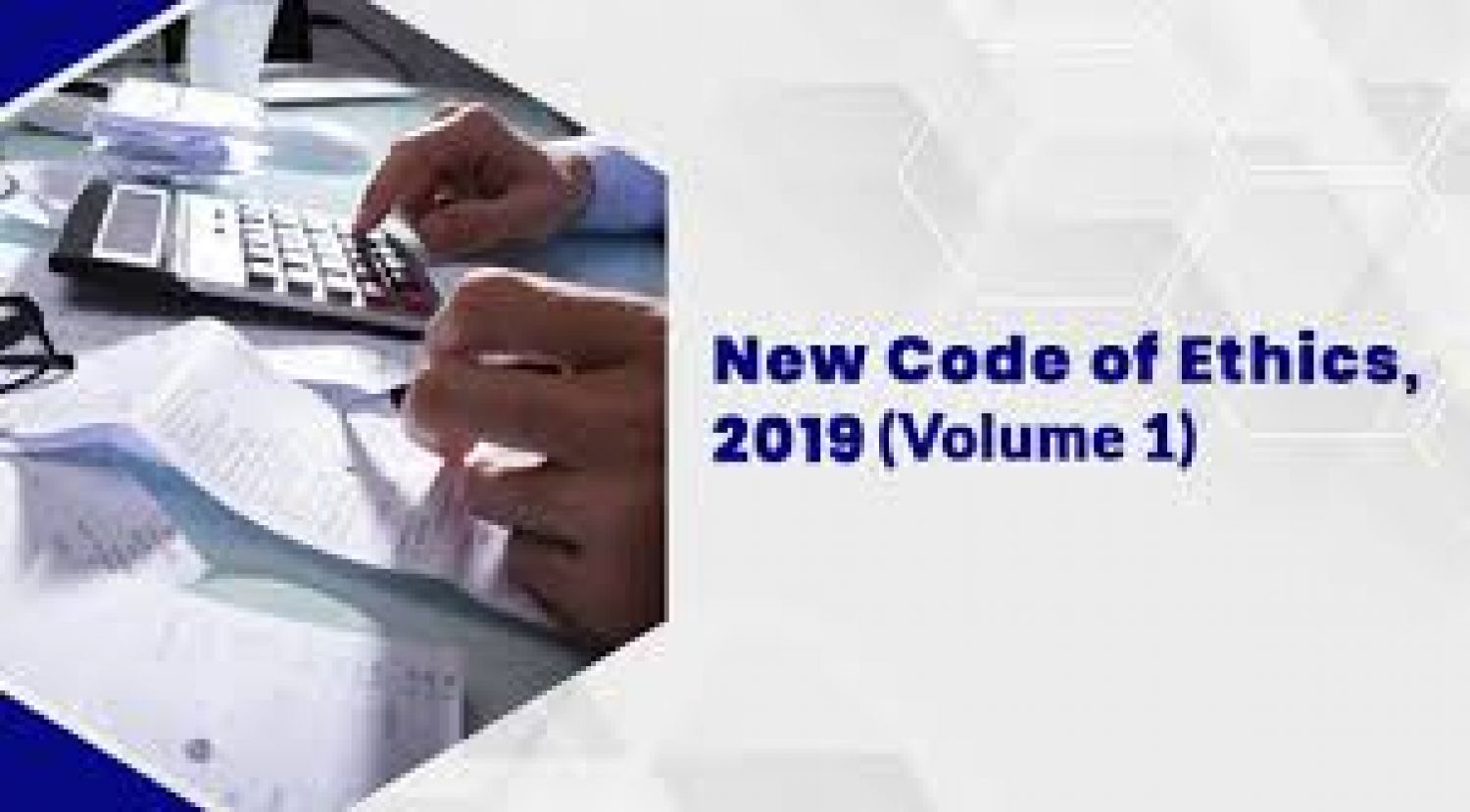
The present Code of Ethics contains Two Parts
Part-A - [Based on IFAC/IESBA Code of Ethics, 2005 edition]
- Chapter 1 – General application of the Code
- Chapter 2 - Professional Accountants in public practice
- Chapter 3 – Professional Accountants in service
Part –B - [Based on domestic Indian provisions ]
- Chapter 4 – Accounting and Auditing standards
- Chapter 5 – The Chartered Accountants Act, 1949
- Chapter 6 – Council Guidelines
- Chapter 7 – Self Regulatory Measures Recommended by the Council Appendices A – F
Major Changes in the New Code of Ethics – 2019
- The revised edition of the Code has been made compatible with Indian conditions so that it does not contradict Indian domestic law.
- Provisions of the Revised Code have been aligned with the provisions of the Companies Act, 2013.
- A new pattern of the structuring of each Section.
- Requirements - general and specific obligations to be complied by the members
- all the Application study material - provides context, actions, suggestions, explanations, illustrations, and any other guidance to assist in complying with requirements.
- Practical examples have been incorporated into the Code to illustrate different situations in which pressure might arise.
- The existing Independence sections (290 and 291) have been characterized as Independence Standards (Parts 4A and 4B) in the new Code.
- While the revised Code retains the fundamental ethical principles from the earlier code
- Include some Additional terms - Public Interest Entity, Employment with an audit client, Long Association of personnel, Non-assurance services to an Audit client, Key Audit Partner – Rotation, “Relative” as defined under the Companies Act, 2013 are reckoned if the client is a company while “immediate family” and “close family” are reckoned in case of other clients, Responding to Non-Compliance of Laws and Regulations (NOCLAR)
- Section for Chartered Accountants in service considering the fundamental and crucial role played by such accountants in the financial reporting supply chain and facilitating effective governance in organizations.
- Stronger independence provisions concerning the long association of personnel (including partner rotation) with audit clients.
· A more robust framework for addressing a breach of the requirements of the Code.
- The section dealing with „Management Responsibilities‟. The Code contains a description of activities that would, and would not, be generally regarded as a management responsibility and provides enhanced guidance.
- Requirements and applicable guidance addressing situations where, as a result of a merger or acquisition, an entity becomes a related entity of an audit client, to assist the Chartered Accountant in evaluating previous or current interests and relationships.
- the applicable Provisions in relation to threats that are created by certain tax-related services. (Sub Section 604) Deferred, Latest Announcement date : 1/7/20
- Requirement where the total gross annual professional fees from the audit client and its related entities exceed 15% of the total fees of the firm for two consecutive years. (PARAGRAPHS 410.3 TO R410.6) Deferred, Latest Announcement date: 1/7/20
- Auditor rotation requirements are included under various local regulations. In particular, responding to Non-Compliance of Laws and Regulations (NOCLAR) is one of the new features in the revised Code. (Section 260 and 360) Deferred, Latest Announcement date: 1/7/20
IN SUMMARY: Five big structural changes to the existing framework
• Independence conditions for audit and evaluation commitments and other security commitments distinguished
• Independence parts re-characterized as "International Independence Requirements"
• Change in drawing up conventions, e.g. "may" to "must"
• Modern pattern of segment structuring – Distinguished criteria
• Improved clarification of accountability for compliance-Firms, network businesses, individuals inside firms
IESBA Code Updates: Changes made come under the following wide headings:
• When domestic regulations are tighter than the equivalent IESBA provision, e.g. the overall accounting bar of the statutory auditor.
• If the domestic legal requirement regulates the question, e.g. "Network" will apply only to the network registered with ICAI.
• Where there is no corresponding provision in the IESBA Code for domestic specifications, e.g. Rotation of the business
• Wording changes – for example, "professional accountant in business" is referred to as "professional accountant in operation" in compliance with the Chartered Accountants Act, 1949.

